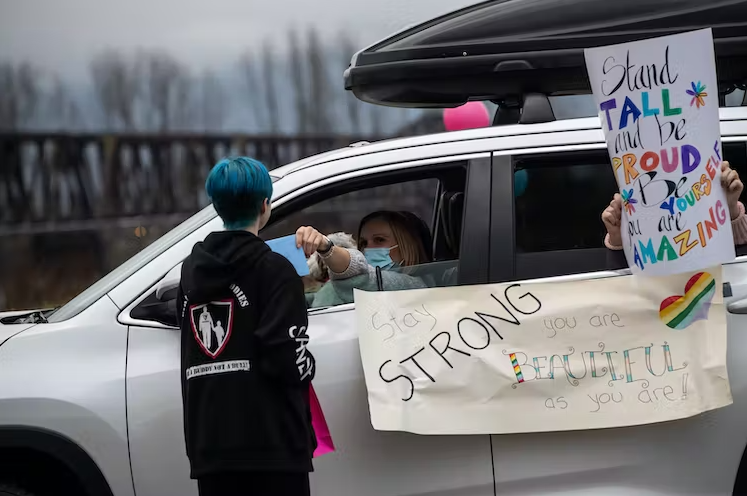
Recently there has been a resurgence of movements across North America resisting anti-racist reforms such as the use of critical race theory in schools.
These movements are often organized covertly, using social justice language and describing themselves as “anti-woke.”
Groups that oppose the teaching of critical race theory and 2SLGBTQ+ supports in schools often position themselves as truly or more accurately in favour of social justice by co-opting social justice language, alleging critical race theory discriminates against white people. School boards have been at the centre of these attacks.
As Ontario residents prepare to go to the polls in municipal elections on Oct. 24, CBC reports that “dozens of candidates are running on promises to roll back protections for transgender students, part of a concerted effort by conservative lobby groups to undo policies aimed at addressing systemic discrimination.”
Currently, school boards are bearing the brunt of backlash because their role in the public education system is the most accessible for members of the public to voice their concerns and try to have direct influence over policy and practice.
Read the full article co-authored by Assistant Professor Vidya Shah (York University) Assistant Professor Stephanie Tuters (University of Toronto) and Assistant Professor of Educational Leadership Sachin Maharaj (University of Ottawa) in The Conversation.
